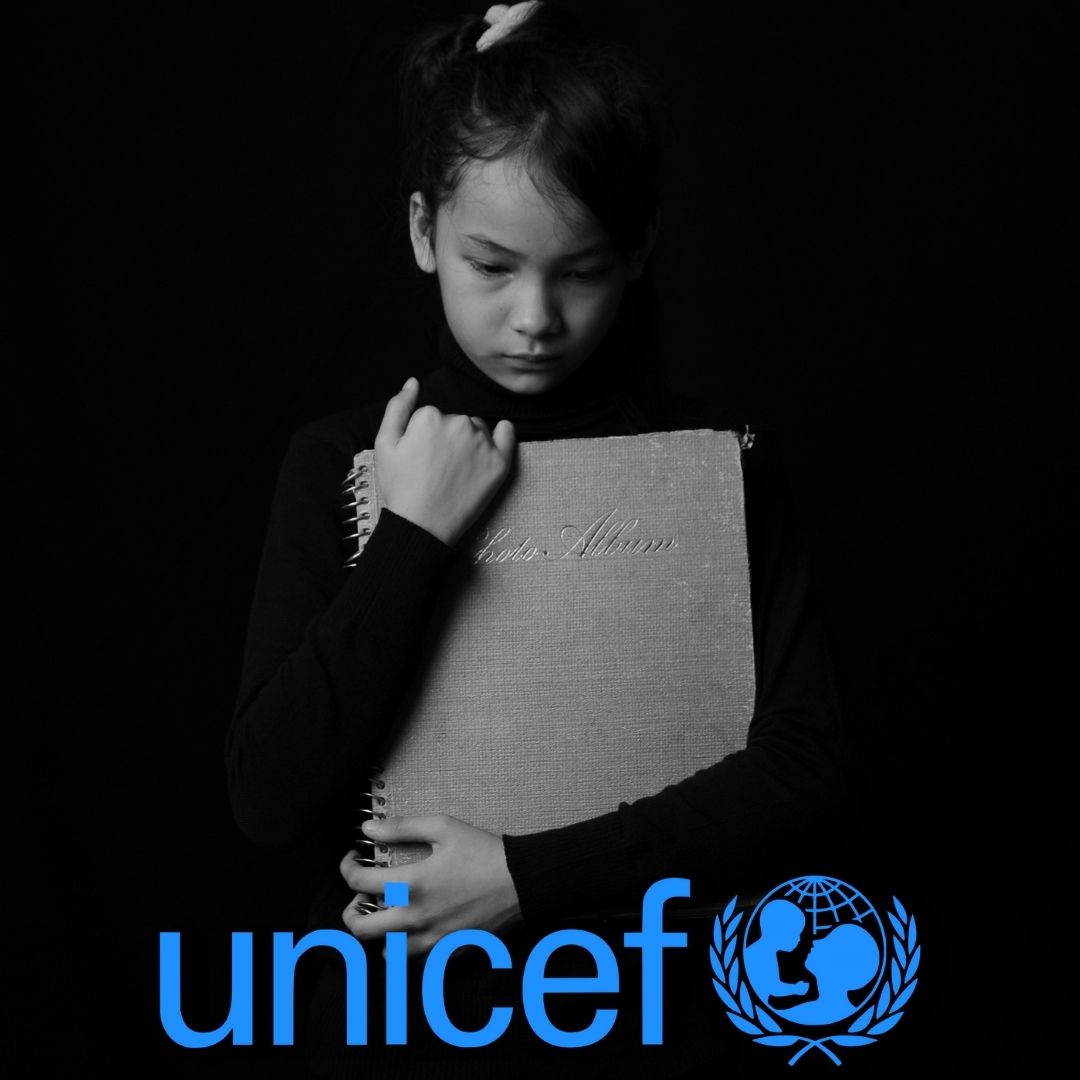
Photo Credit: Pexels (Representational)
Young India Hesitant In Reaching Out For Mental Health Support: UNICEF Survey
Writer: Dimpal Gulwani
She is an Multimedia Journalism student, currently pursuing the course at Indian Institute of Journalism and New Media, Bangalore. Her interests is on reporting, editing, working on Adobe Premiere Pro, Photoshop, InDesign, Audacity.
India, 17 Jan 2022 8:53 AM GMT
Editor : Snehadri Sarkar |
While he is a massive sports fanatic, his interest also lies in mainstream news and nitpicking trending and less talked about everyday issues.
Creatives : Snehadri Sarkar
While he is a massive sports fanatic, his interest also lies in mainstream news and nitpicking trending and less talked about everyday issues.
The survey revealed probable factors impacting children's mental health during the pandemic. Moreover, less spending on mental health coupled with hesitance add to the issue.
Pandemic has severely impacted people's mental health due to several physical, emotional, and mental spaces changes. Students have been facing issues as well due to the shift to online education and schooling from home coupled with submissions and online exams. Talks about mental health have sprung up during the pandemic, but people seeking appropriate support are still under question.
According to a UNICEF survey, only 41 per cent of young people (aged 15-24 years) in India believe that getting support for mental health problems could be good, compared to an average of 83 per cent for 21 countries. The survey was conducted with 20000 children and adults in 21 countries. It was just India out of all countries where less number of people believe that seeking help from others could be a way to deal with mental health issues.
Other countries showed a majority of young people, 56 to 95 per cent, saying that approaching others for help was the correct way to deal with mental health issues.
Covid-19 & Mental Health Of Children
Various factors contribute to one's mental health and how one generally feels. The disruption of routines, education, recreation coupled with concerns about family income and health, resulted in young people feeling afraid, angry, and worried about their future.
Moreover, the National Commission for Women received an increased number of complaints about domestic abuse, which hints the children in such households would have been impacted because of an abusive environment, thus traumatizing them and affecting their mental health.
An issue With No Diagnosis
The problem in India about mental health in children is hesitance to talk to mental health professionals about what they feel. Hence, they suffer but are undiagnosed. The survey highlights and affirms the same.
Moreover, even before the pandemic, at least 50 million children in India were affected with mental health issues, but 80 to 90 per cent have not thought of seeking support, according to the Indian Journal of Psychiatry, 2019, stated the UNICEF report highlights.
India's Budget Allocation For Mental Health Is Low
The money that India spends on mental health has been decreasing. From allotting 0.44 per cent of the total budget allocated to the Ministry of Health and Family Welfare (MoHFW) in 2010, it reduced to 0.06 per cent in 2020, as The New Indian Express reported.
Experts like Dr Shweta Sharma, a clinical psychologist at a hospital in Gurgaon, said that there had been a rise of 70 per cent of mental health cases, including depression, anxiety and trauma, with the maximum of them coming during the lockdown period in March 2020. But the mental health workforce in India is reeling under a massive shortage; she told The New Indian Express.
The Way Forward
The State of the World's Children 2021 report stated a need for urgent investment in child and adolescent mental health across sectors, investment to build strategies that help promote good mental health, including prevention of gender-based violence, among other types.
Interventions can be made across health, education, and social protection sectors with parenting programs and schools supporting mental health.
Lastly, it is required that people break their silences around mental illness by addressing stigma and hence positively promoting a better understanding of mental health. This can help encourage people to seek support and beat their hesitance to do so.
Also Read: India Open 2022: India's Lakshya Sen Defeats Loh Kean Yew To Win Final
 All section
All section













